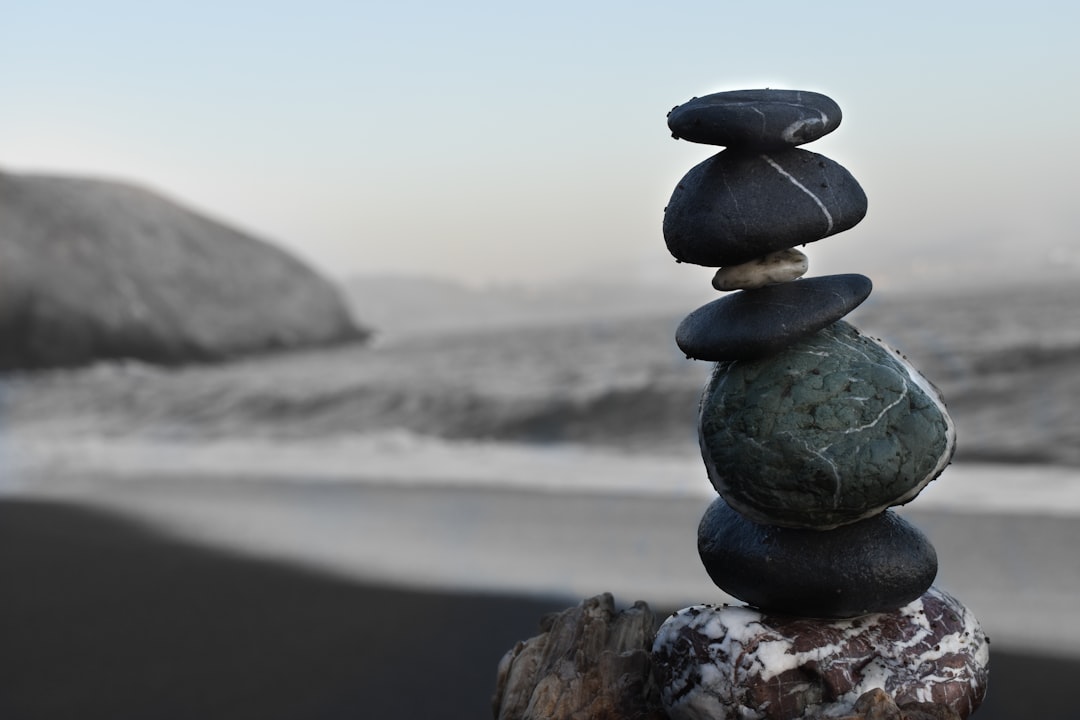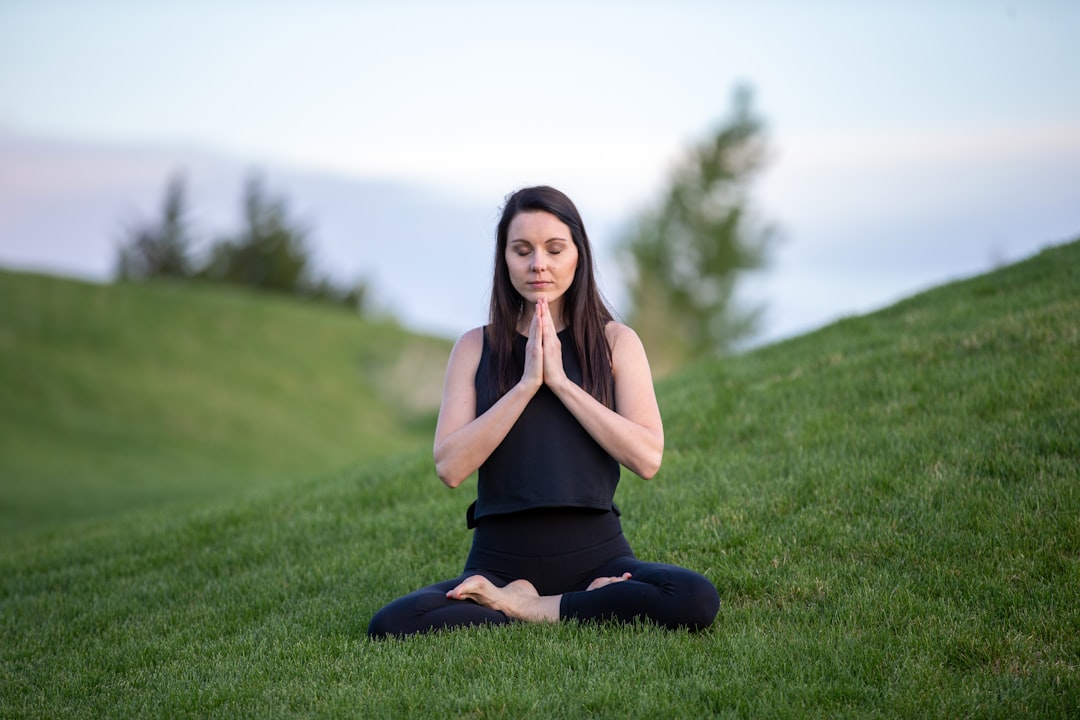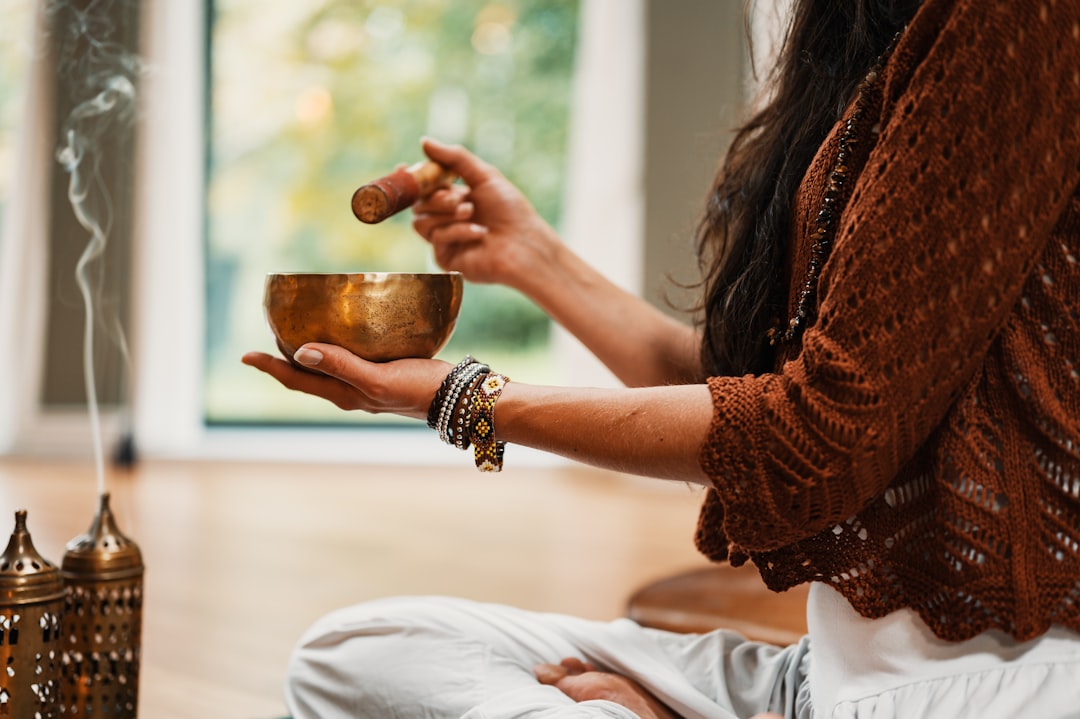Mindfulness is the act of being fully present and engaged in the current moment, without allowing distractions, worries or judgments to cloud our minds. This powerful practice has become increasingly popular in recent years, as people everywhere strive to find ways to cope with the stress and chaos of daily life.
The benefits of mindfulness go far beyond just stress relief, however. Practicing mindfulness can help us to gain clarity of mind, cultivate compassion, improve our relationships, and foster personal growth and self-awareness.
In this blog post, we will explore in depth the many ways in which mindfulness can positively impact our lives, and provide practical tips for incorporating mindfulness into our daily routines.
So sit back, relax, and let’s dive into the wonderful world of mindfulness!
Clarity of the Mind: How Mindfulness Reduces Stress
Mindfulness has become a buzzword in recent years, often associated with yoga, meditation, and relaxation techniques. However, mindfulness is much more than just a way to relax. In fact, it has been scientifically proven to help reduce stress and anxiety levels, leading to a clearer and more focused mind.
Stress is an integral part of our lives, and unfortunately, it can often be overwhelming. It can take a toll on our physical and mental health, affecting our ability to concentrate, make decisions, and be productive. Mindfulness practices, such as meditation and breathing exercises, help reduce stress levels by promoting relaxation and calmness.
One of the primary benefits of mindfulness is that it allows us to pay attention to the current moment without judgment. By focusing on the present instead of worrying about the future or ruminating on the past, we can alleviate stress and anxiety. Mindfulness can also help us become more aware of our thoughts and emotions, making it easier to identify and address the sources of stress in our lives.
The practice of mindfulness can also help increase the size of the prefrontal cortex, the area of the brain responsible for decision-making, problem-solving, and self-control. A larger prefrontal cortex can help us better regulate our emotions and make better decisions, leading to a clearer and more focused mind.
Overall, mindfulness is an effective way to reduce stress levels and improve mental clarity. By practicing mindfulness regularly, we can achieve greater peace of mind, better manage stress, and enjoy a more fulfilling life. In the next section, we will explore how mindfulness helps us understand ourselves better.
Mindfulness can also help us become more aware of our thoughts and emotions, making it easier to identify and address the sources of stress in our lives.
Awareness of the Self: How Mindfulness Helps You Understand Yourself
While mindfulness is often associated with reducing stress and enhancing well-being, one of its most powerful benefits is its ability to help you understand yourself on a deeper level. In a world where we are constantly bombarded with distractions and obligations, it can be easy to lose sight of our true selves and what really matters to us. By practicing mindfulness, however, we can cultivate a greater awareness of our thoughts, emotions, and behaviors, and learn to live in alignment with our values and goals.
One of the ways in which mindfulness helps us understand ourselves better is by facilitating self-reflection. By taking time to observe our thoughts and feelings without judgment, we can gain insight into our patterns of behavior and identify areas where we may be holding ourselves back. For example, we may notice recurring negative self-talk that is limiting our self-confidence, or we may observe that we tend to procrastinate when faced with difficult tasks. With this awareness, we can begin to challenge our negative thought patterns and develop more constructive habits.
Mindfulness also allows us to cultivate a sense of curiosity and openness towards ourselves. Rather than judging ourselves harshly for our shortcomings or mistakes, we can approach ourselves with compassion and a desire to learn and grow. By staying present and attentive to our experiences, we can gain a greater appreciation for the diversity and complexity of our thoughts and emotions, and recognize that they are all valid and deserving of our attention.
Another way in which mindfulness helps us understand ourselves better is by fostering a stronger connection between our mind and body. By focusing on our physical sensations and being present in our bodies, we can gain a deeper understanding of how our emotions and mental state affect our physical sensations, and vice versa. This mind-body connection can help us identify physical symptoms that may be related to stress or anxiety, and make adjustments to our lifestyle or mindset to promote greater balance and harmony.
In conclusion, practicing mindfulness can be an incredibly powerful tool for understanding ourselves more deeply and living in alignment with our values and goals. Through self-reflection, compassion, and a stronger mind-body connection, we can cultivate a greater sense of self-awareness and lead more fulfilling lives.
By focusing on our physical sensations and being present in our bodies, we can gain a deeper understanding of how our emotions and mental state affect our physical sensations, and vice versa.
Empathy and Compassion: How Mindfulness Enhances Relationships
When we practice mindfulness, we become more aware of our thoughts, feelings, and behaviors. We start to notice how we interact with others and how our actions affect them. This increased awareness leads to greater empathy and compassion for those around us. When we are mindful, we are more present in our interactions with others, and we can listen and respond more effectively. We become less reactive and judgmental, and we develop a greater understanding of where others are coming from.
In relationships, this empathy and compassion are incredibly valuable. When we approach our loved ones with empathy and an open heart, we create an atmosphere of trust and safety. We let them know that we care about them and that we are willing to listen and understand them. This leads to deeper and more meaningful connections with those we love, and it can even bring people closer together.
Mindfulness also helps us to develop self-compassion, which is the ability to treat ourselves with kindness and understanding. We learn to be less critical of ourselves and more accepting of our flaws and imperfections. This self-compassion allows us to extend the same kindness and understanding to others, even when they make mistakes. We become less likely to judge and blame others, and more inclined to forgive and offer support.
Overall, mindfulness enhances our relationships by fostering empathy and compassion towards others and ourselves. It allows us to be more present and engaged in our interactions, leading to deeper connections and greater understanding. By cultivating these qualities in our relationships, we can create a more peaceful and harmonious world around us.
By cultivating these qualities in our relationships, we can create a more peaceful and harmonious world around us.
Growth and Development: How Mindfulness Fosters Personal Growth
Mindfulness not only helps us reduce stress and enhance our relationships, but it can also foster personal growth and development. When we practice mindfulness, we become more aware of our thoughts and emotions, which allows us to recognize areas for personal growth and take action towards self-improvement.
Through mindfulness, we can develop a greater sense of self-awareness, which is the foundation for personal growth. By recognizing our patterns of behavior and thought, we can identify areas in our lives that need attention and make positive changes. Mindfulness helps us overcome negative thought patterns and self-doubt, which can hold us back from reaching our full potential.
Furthermore, as we become more present and engaged in our daily activities, we start to experience life more fully. Our senses are heightened, and we become more open to new experiences, ideas and perspectives. This openness can lead to personal growth, as we become more receptive to learning and personal development.
In addition, practicing mindfulness allows us to develop self-compassion and self-love. We become less critical of ourselves and more accepting of our flaws and imperfections. This self-acceptance can lead to greater confidence and self-esteem, which can in turn foster personal growth and development.
Overall, mindfulness has the power to transform our lives in numerous ways. By fostering personal growth and development, it can help us become the best versions of ourselves. As we continue to practice mindfulness, we can continue to grow, learn, and evolve, leading to a more fulfilling and meaningful life.
We become less critical of ourselves and more accepting of our flaws and imperfections.
Practical Tips for Practicing Mindfulness in Daily Life
Mindfulness is a powerful tool that can have a profound impact on your life. With regular practice, you can improve your mental and physical well-being, build better relationships, and achieve greater success and fulfillment.
Here are some practical tips for incorporating mindfulness into your daily life:
1. Start Small: Don’t overwhelm yourself by trying to incorporate mindfulness into every aspect of your life at once. Start with just a few minutes of mindfulness practice each day, and gradually increase the amount of time as you become more comfortable.
2. Make it a Habit: Set aside a specific time and place for your mindfulness practice each day. This will help you establish a regular routine and make mindfulness a habit.
3. Breathe: One of the simplest and most effective ways to practice mindfulness is to focus on your breath. Spend a few minutes each day focusing on the sensation of your breath as it enters and leaves your body.
4. Be Present: Mindfulness is all about being present in the moment. When you’re practicing mindfulness, focus your attention on your surroundings, your thoughts, and your feelings in the present moment.
5. Practice Gratitude: Mindfulness and gratitude go hand in hand. Take a few minutes each day to reflect on the good things in your life, and express gratitude for them.
6. Slow Down: In today’s fast-paced world, it’s easy to get caught up in the hustle and bustle of daily life. Take a few minutes each day to slow down, breathe deeply, and be present in the moment.
7. Use Mindfulness Techniques Throughout the Day: Mindfulness isn’t just about your formal meditation practice – it’s about being mindful throughout your day. Use mindfulness techniques like deep breathing and present moment awareness during everyday activities like walking, eating, and interacting with others.
By incorporating these practical tips into your daily life, you can experience the many benefits that mindfulness has to offer and embrace the power of mindfulness for a more fulfilling life.
2.
Conclusion: Embracing the Power of Mindfulness for a More Fulfilling Life
Throughout this blog post, we’ve explored the various ways that mindfulness can positively impact our lives. From reducing stress and gaining clarity of mind, to fostering personal growth and enhancing relationships, we’ve seen how the practice of mindfulness can lead to a more fulfilling life.
It’s important to keep in mind that practicing mindfulness is a journey, not a destination. There will be ups and downs, moments of clarity and moments of confusion, but the key is to stick with it and continue to cultivate mindfulness in our daily lives.
When we prioritize mindfulness, we are giving ourselves the gift of self-awareness, the ability to recognize our thoughts and emotions without judgment. This can help us respond to situations with greater clarity and compassion, rather than reacting on autopilot.
Over time, mindfulness can also help us develop a greater sense of empathy and compassion for others. We become more attuned to the needs of those around us, and can respond in a way that is more helpful and supportive.
So, how can we start embracing the power of mindfulness in our lives? One practical tip is to set aside a few minutes each day for formal mindfulness practice. This can take the form of meditation, gentle yoga, or simply sitting quietly and focusing on our breath.
Another way to incorporate mindfulness into daily life is to bring a sense of presence and awareness to everyday tasks, such as washing the dishes or taking a shower. By fully engaging in these activities, we can cultivate a state of mindfulness that extends beyond our formal practice time.
In conclusion, mindfulness matters because it has the power to transform our lives in numerous ways. By reducing stress, fostering personal growth, and enhancing our relationships with others, mindfulness can help us find more meaning and fulfillment in our lives. So why not give it a try, and see where this journey takes you?





